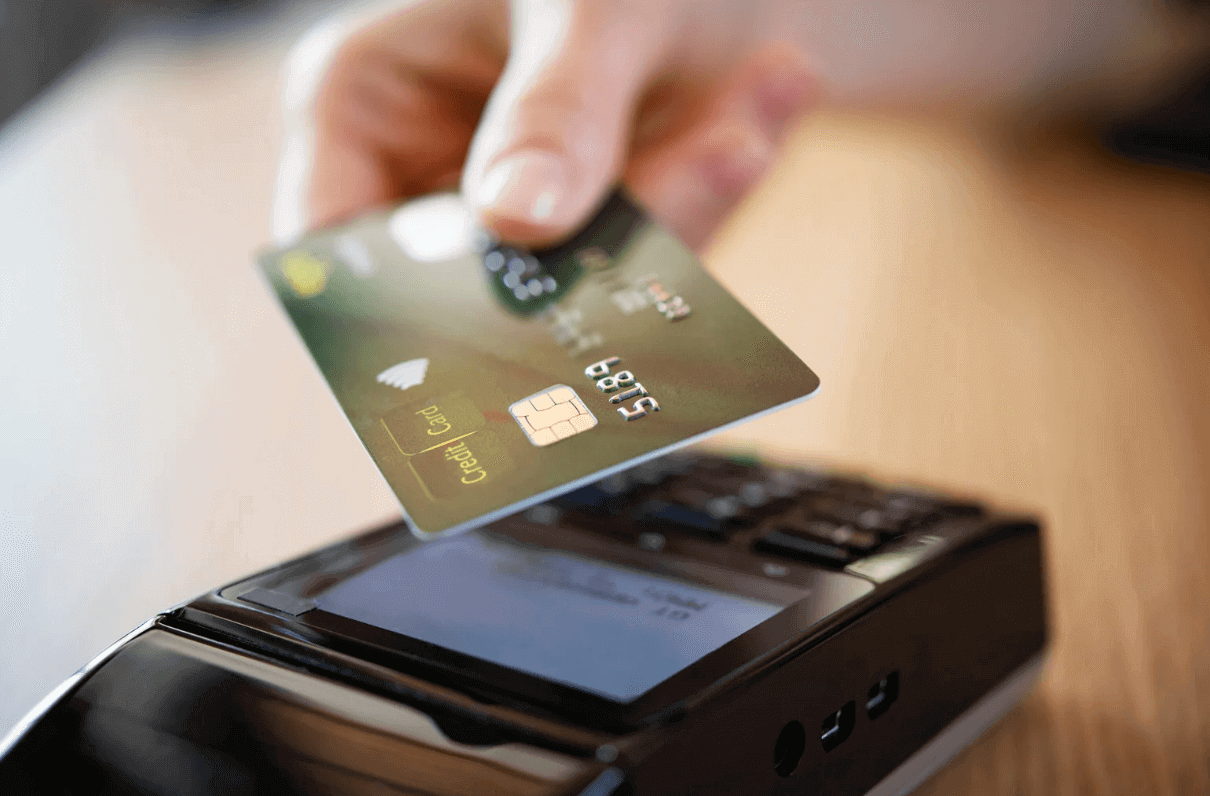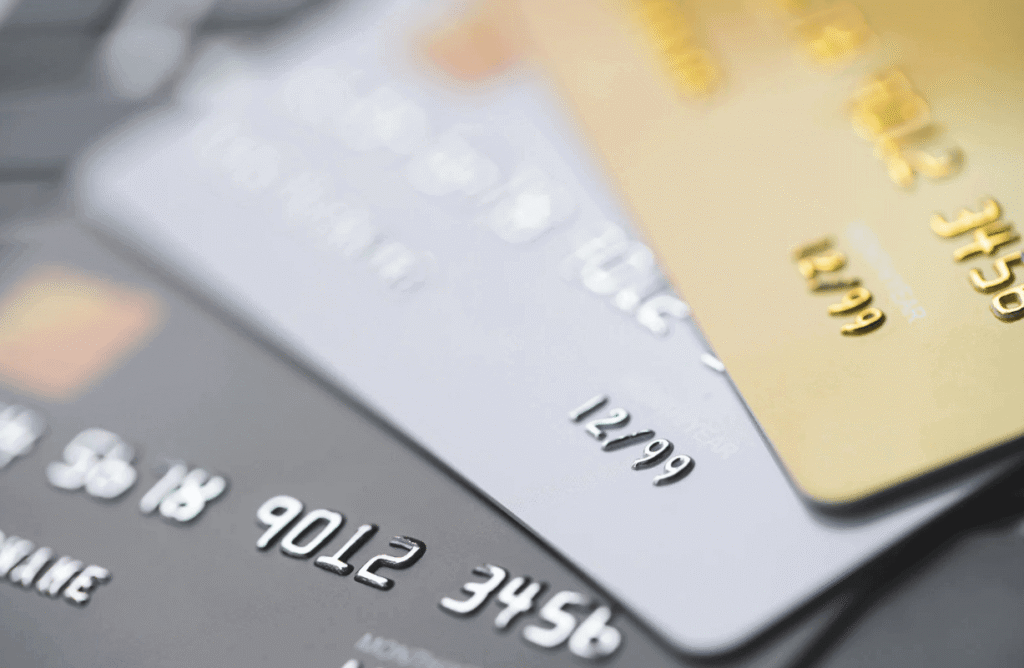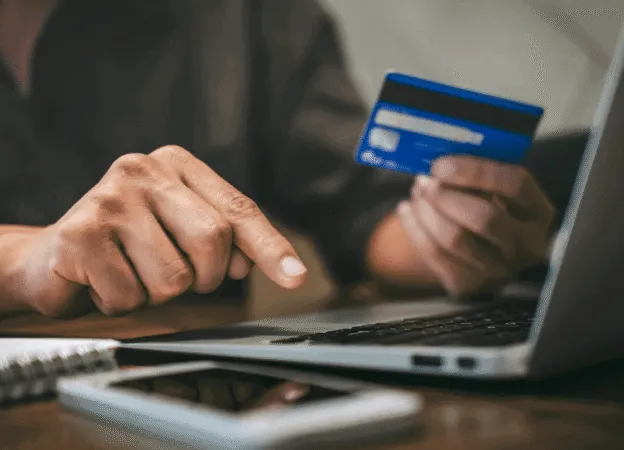Credit cards are one of the most convenient financial tools available today. They allow you to manage everyday expenses, cover unexpected costs, and even build a healthy credit history. However, without proper management, a credit card can quickly become a source of stress, debt, and financial strain.
While many providers now offer quick credit card approvals, gaining access to a line of credit is just the beginning. What really matters is how you use your card to protect your financial well-being and maintain control over your spending.
In this article, we’ll explore practical tips for using a credit card responsibly, ensuring you reap the benefits while avoiding common pitfalls.
Understand the Terms and Conditions
Before you even make your first purchase, it’s essential to understand the fine print of your credit card. Each card comes with its own set of interest rates, annual fees, late payment penalties, and reward structures.
Key points to review include:
– Annual Percentage Rate (APR): This is the interest rate you’ll pay if you don’t pay off your balance in full each month.
– Grace Period: Many cards give you a window of time to pay off purchases before interest applies.
– Fees: Look for hidden charges like cash advance fees, late fees, or over-limit penalties.
By taking the time to familiarise yourself with these details, you’ll know exactly what to expect and can avoid unnecessary costs.

Always Pay More Than the Minimum
Credit card providers typically require you to pay only a small minimum amount each month. While this may seem appealing, paying the minimum can lead to years of debt and significant interest charges. For example, if you only pay the minimum on a $1,000 balance with an average interest rate, it could take years to repay in full and cost hundreds extra in interest.
Best practice: Pay the full balance each month whenever possible. If that isn’t achievable, aim to pay well above the minimum to reduce your debt faster.
Keep Your Credit Utilisation Low
Credit utilisation refers to the percentage of your available credit that you’re currently using. For instance, if your card has a $5,000 limit and your balance is $2,500, your utilisation is 50%.
Financial experts recommend keeping your utilisation below 30% to demonstrate responsible credit management and maintain a healthy credit score. High utilisation can signal to lenders that you may be overextended financially, even if you pay your balance on time.
Don’t Rely on Your Card for Everyday Expenses
It can be tempting to use a credit card for all your daily spending, from groceries to petrol. While this can help track expenses and earn rewards, it can also encourage overspending.
To avoid falling into this trap:
– Use your credit card strategically for larger purchases or specific categories (such as travel or online shopping).
– Stick to a budget and track your spending regularly.
– Avoid treating your credit card as an extension of your income—it’s a financial tool, not free money.
Set Up Automatic Payments
Life is busy, and it’s all too easy to forget a payment deadline. Missing even one credit card payment can result in late fees, higher interest, and a negative impact on your credit history. Setting up automatic payments ensures that at least the minimum amount is always paid on time. Ideally, schedule automatic payments for the full balance. This way, you’ll avoid late fees, reduce your stress, and maintain a positive payment history.
Monitor Your Account Regularly
Credit cards are not just a tool for spending—they’re also vulnerable to fraud and unauthorised transactions. Regularly monitoring your account helps you quickly spot and report suspicious activity.
Most banks offer mobile apps or online portals where you can:
– Track your spending in real time.
– Set up transaction alerts.
– Review statements for accuracy.
Taking a few minutes each week to review your account can save you from bigger problems down the line.
Take Advantage of Rewards—But Wisely
Many credit cards come with reward programs, such as cashback, frequent flyer points, or shopping discounts. While these perks can be valuable, they should never be the sole reason for using a credit card.
To use rewards responsibly:
– Only chase rewards on purchases you would have made anyway.
– Avoid overspending just to earn points or cashback.
– Be aware of expiration dates and redemption conditions.
Used wisely, reward programs can add value without leading to unnecessary spending.

Avoid Cash Advances
Withdrawing cash from your credit card might seem convenient, but it’s often one of the most expensive mistakes you can make. Cash advances usually come with:
– Immediate interest charges (no grace period).
– Higher interest rates compared to standard purchases.
– Additional cash advance fees.
Instead, rely on your debit card for cash withdrawals, and keep your credit card strictly for purchases.
Build Your Credit History
A credit card can be one of the most effective ways to build and maintain a positive credit history. Lenders look at your repayment behaviour, credit utilisation, and account longevity when assessing you for future loans, such as a mortgage or car finance. By using your credit card responsibly—paying on time, keeping balances low, and avoiding defaults—you demonstrate to future lenders that you can be trusted with credit.
Don’t Apply for Too Many Cards at Once
While it may be tempting to apply for multiple cards to access rewards or higher limits, frequent applications can negatively affect your credit score. Each application results in a “hard inquiry” on your credit file, signalling to lenders that you may be overreaching financially. Instead, choose one or two cards that genuinely suit your lifestyle and spending habits, and stick with them.
Create a Budget and Stick to It
At the heart of responsible credit card use is financial discipline. Having a clear budget allows you to manage your income, expenses, and savings effectively. By knowing how much you can afford to spend, you’ll avoid the temptation of relying too heavily on credit.
Practical steps include:
– Categorising your expenses (e.g., rent, groceries, entertainment).
– Setting limits for discretionary spending.
– Reviewing your budget monthly to stay on track.
Use Your Credit Card Responsibly
Credit cards can be a valuable financial tool when used wisely – they offer convenience, protection, and the opportunity to build a strong credit history. However, without careful management, they can also lead to unmanageable debt and financial stress.
The key to responsible credit card use lies in discipline and awareness: understand your card’s terms, pay more than the minimum, keep your utilisation low, and stick to a budget. By following these tips, you can enjoy the benefits of credit while keeping your financial future secure.



